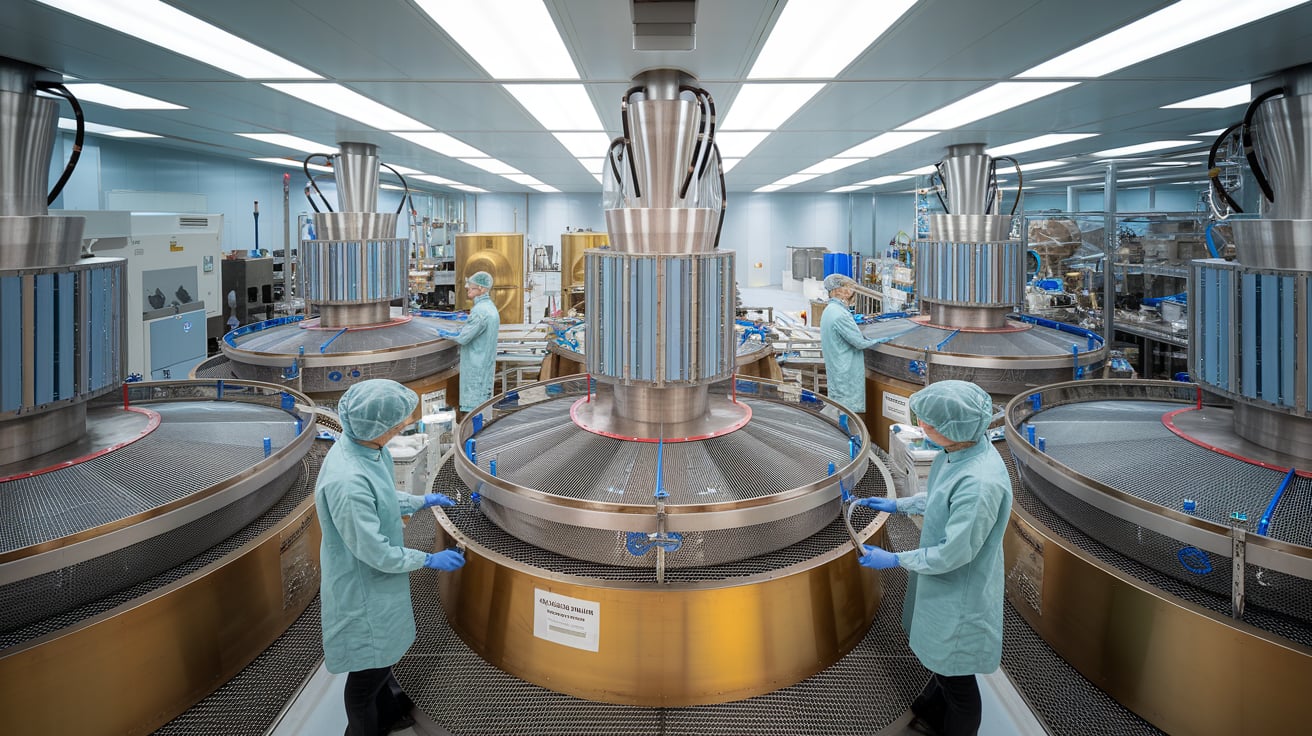Introduction
In the realm of medical and laboratory applications, precision and hygiene are paramount. Stainless steel wire mesh has emerged as an indispensable material, offering unparalleled benefits in various critical applications. From sterile filtration to the fabrication of biocompatible medical devices, stainless steel mesh provides the necessary balance of durability, corrosion resistance, and purity.
The Versatility of Stainless Steel Wire Mesh
Sterile Filtration Mesh
One of the most significant applications of stainless steel wire mesh in medical settings is as sterile filtration mesh. These meshes are designed to remove contaminants from liquids and gases, ensuring a sterile environment in pharmaceutical production, IV fluid preparation, and other sensitive processes. The material’s inherent resistance to corrosion and its ability to be cleaned and sterilized without degrading make it ideal for these tasks.
Laboratory Sieving Applications
In laboratories, stainless steel wire mesh is widely used for sieving applications. Whether it’s for separating particles in soil samples, pharmaceutical powders, or food products, stainless steel mesh provides a reliable and consistent method for size classification. The mesh’s high tensile strength and resistance to wear ensure longevity and accuracy in the sieving process.
Biomedical Device Components
The medical industry also relies on stainless steel wire mesh for the construction of various devices. From orthopedic implants to surgical instruments, the mesh’s biocompatibility and ability to be sterilized make it suitable for direct contact with human tissues. Moreover, the flexibility in manufacturing different mesh sizes and configurations allows for customization to meet specific medical needs.
Advantages of Stainless Steel Wire Mesh
High Cleanliness Standards
Stainless steel wire mesh is manufactured to meet stringent cleanliness standards, making it suitable for use in environments where contamination could lead to severe consequences. The smooth surface of stainless steel minimizes the risk of particles clinging to the mesh, which is crucial in medical and laboratory settings.
Corrosion Resistance
The inherent corrosion resistance of stainless steel ensures that the mesh can withstand exposure to various chemicals and bodily fluids without degrading. This property is essential for maintaining the integrity of the mesh and the quality of the filtration or sieving process.
Compliance with Medical Standards
Stainless steel wire mesh is produced in compliance with medical and laboratory standards, such as ISO 13485 and FDA guidelines. This compliance ensures that the mesh is safe for use in medical applications and that it meets the rigorous quality control standards required in the industry.
Conclusion
Stainless steel wire mesh plays a vital role in medical and laboratory applications, offering a combination of high洁净度,耐腐蚀性, and adherence to industry standards. As technology advances, the applications of this versatile material are likely to expand, further solidifying its importance in maintaining the highest standards of hygiene and precision in medical and laboratory work.
Post time: May-19-2025




